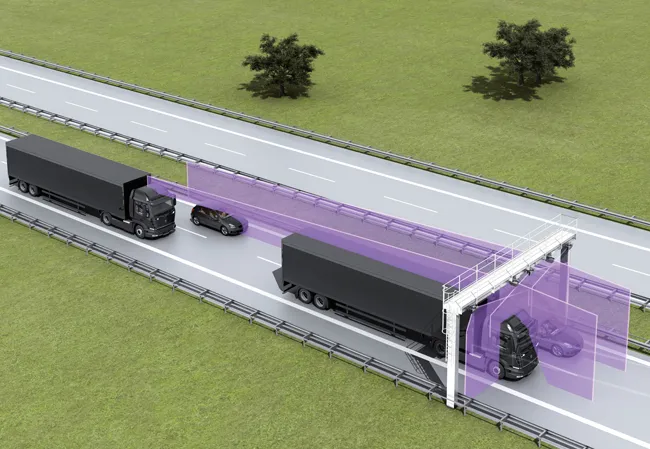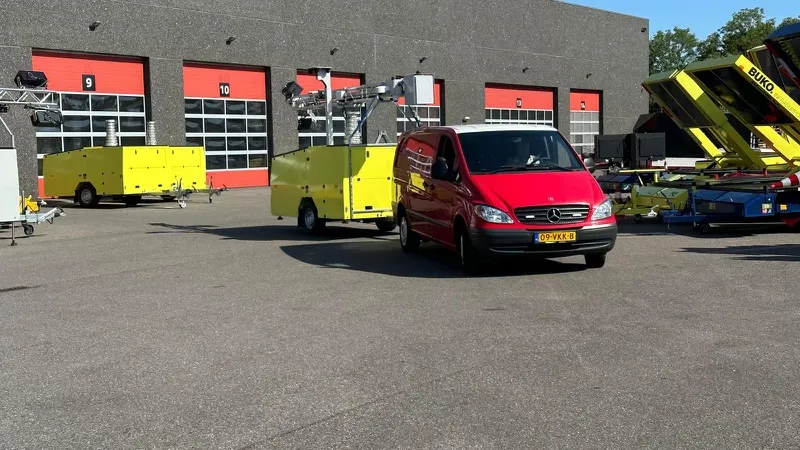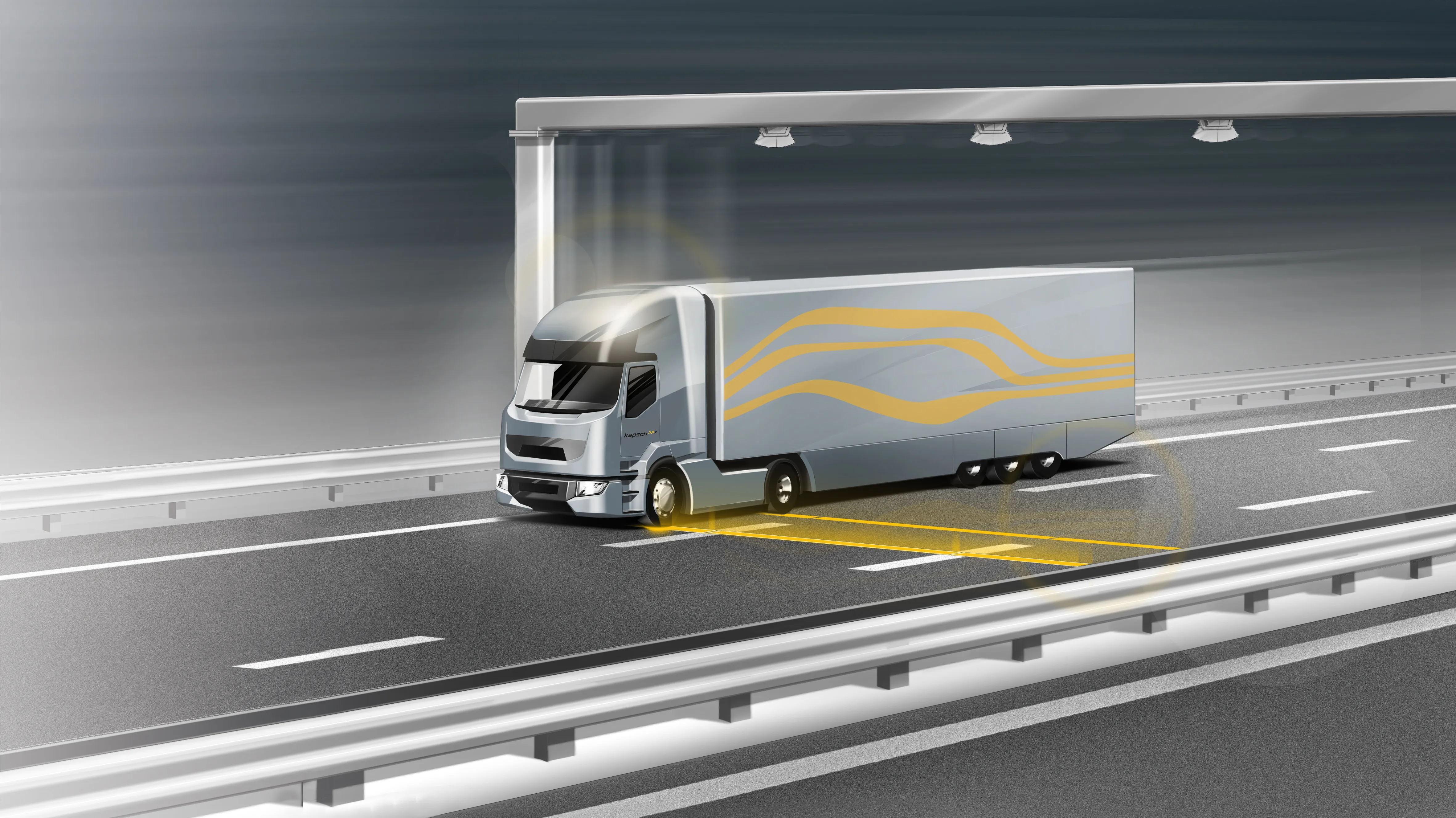According to Dubai Police statistics for 2011, of more than 1.7 million traffic violations registered by the 323 speed enforcement systems in Dubai last year, the 27 PoliScanspeed systems from Vitronic that are deployed in the Emirate captured 565,148 violators, a third of all violations.
March 16, 2012
Read time: 1 min
According to Dubai Police statistics for 2011, of more than 1.7 million traffic violations registered by the 323 speed enforcement systems in Dubai last year, the 27 PoliScanspeed systems from 2879 Vitronic that are deployed in the Emirate captured 565,148 violators, a third of all violations. The company says its LIDAR technology, which makes in-road equipment such as loops or sensors a thing of the past, is the reason for the success of its systems. A scanning laser measures the speeds and position of all vehicles on all lanes in the tracking zone. Vitronic says even tailgating or lane-changing vehicles can be reliably captured by its systems.








